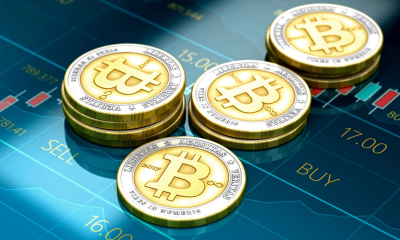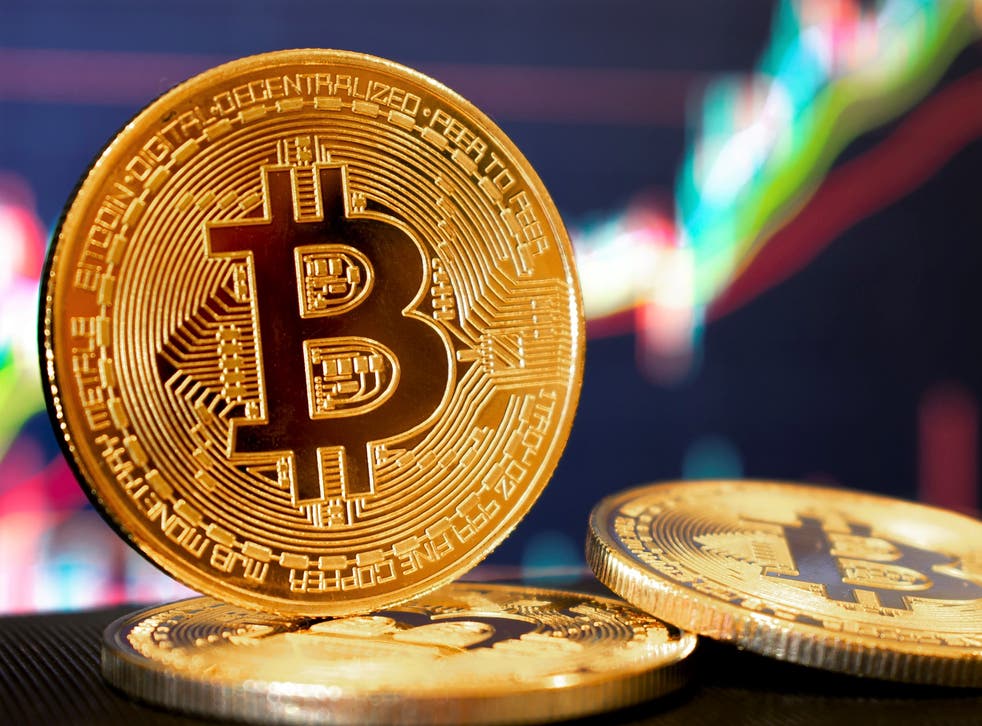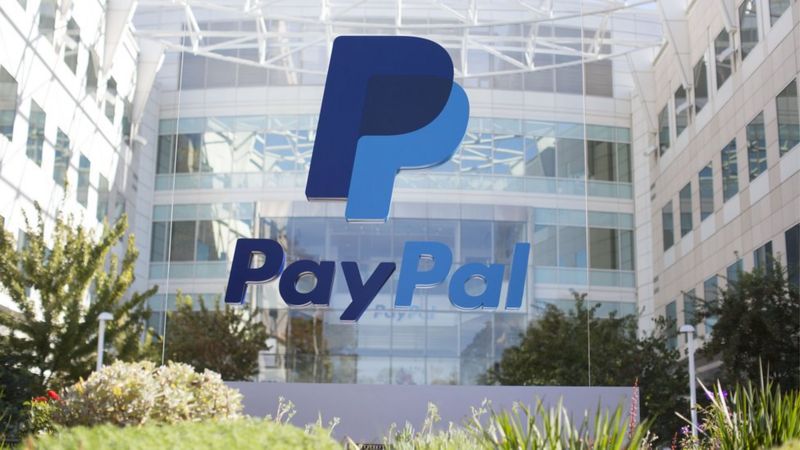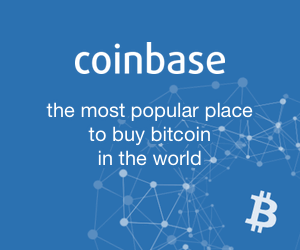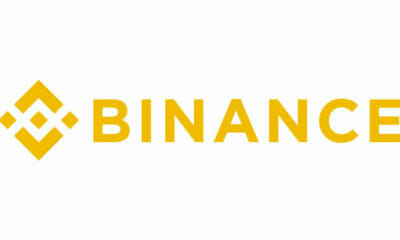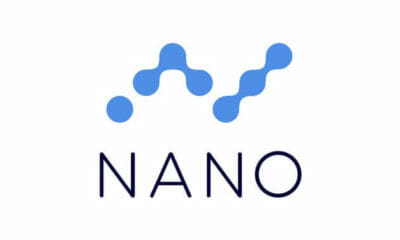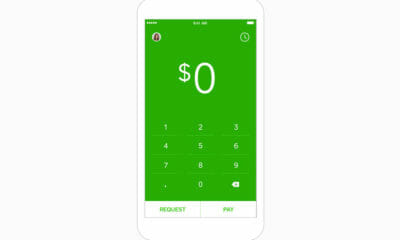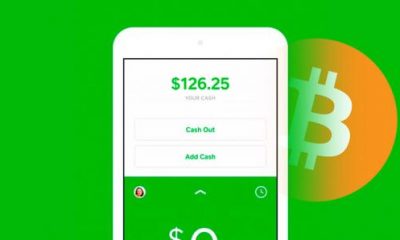Count Canada among the countries taking a heavy-handed approach to dealing with cryptocurrency transactions. The Bank of Montreal (BMO), one of the largest Canadian banks, recently said it is banning customers from purchasing digital currencies with its MasterCard credit and debit cards. BMO rival TD Bank made a similar announcement last month.
“The decisions follow moves by several U.S. banks to stop allowing credit card purchases of bitcoin and other cryptocurrencies,” according to BNN.
The Royal Bank of Canada (RBC), that country’s second-largest bank, said it will permit cryptocurrency transactions under limited circumstances. RBC “also cautioned clients about the possibility of a sudden drop in the value of cryptocurrencies which ‘could expose them to substantially higher debt levels than they are able to repay,’” reports the Globe And Mail.
The Bank of Nova Scotia (BNS), the other one of Canada’s big four banks, is also reportedly reviewing its policies on digital currency transactions.
Central Bank, Too
Earlier this year, the Bank of Canada (BoC), that country’s central bank, said it is examining increased regulations on cryptocurrencies.
In a January interview with CNBC, BoC Governor Stephen Poloz said bitcoin trading is “gambling” and that cyrptocurrencies are not traditional assets.
“I’m not really sure what they are. They are not assets really … I suppose they are securities technically … There is no intrinsic value for something like bitcoin so it’s not really an asset one can analyze. It’s just essentially speculative or gambling,” Poloz said to CNBC.
Cryptocurrencies are no strangers to central bank controversy. Last week, the Reserve Bank of India (RBI) said it is banning that country’s banks from dealing in digital currencies.
“In view of the associated risks, it has been decided that, with immediate effect, entities regulated by RBI shall not deal with or provide services to any individual or business entities dealing with or settling [virtual currencies],” said RBI, India’s central bank, in a statement.
A petition circulating in India to compel RBI to reverse its decision has gained nearly 20,000 signatures.
Last year, the leader of Denmark’s central bank called bitcoin trading “deadly.” While many central banks have been critical of cryptocurrencies, they are also expected to be adopters of blockchain technology in the years ahead and some market observers believe central banks could eventually issue their own digital currencies.



